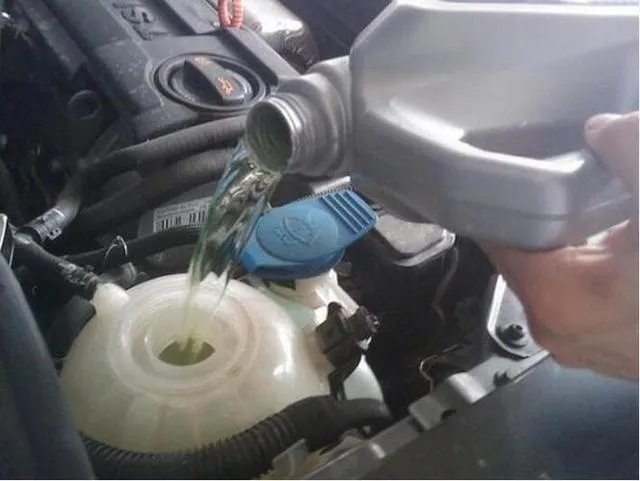
Industrial Additives That Matter: Gypsum Retarders and Antifoaming Agents Explained
In the construction industry, precise control over setting time is essential for maintaining quality, especially when working with gypsum-based materials.

The Role of Gypsum Retarders in Construction
A standout product widely recognized for this purpose is the Großhandel Gipsabbindeverzögerer XYSJN1, a high-performance additive designed to slow down the hardening process of gypsum.
Großhandel Gips Set Verzögerer XYSJN1 is especially valuable in high-temperature environments or large-scale projects, where rapid setting can cause cracking or unfinished surfaces. By extending the workable time of gypsum plaster, it ensures improved surface smoothness, better bonding, and easier handling for contractors. Whether for hand-applied plasters or machine-sprayed applications, this gypsum set retarder enhances workability without compromising the final strength of the product.
Moreover, gypsum retarders like XYSJN1 are also compatible with other additives, such as anti foaming agents, which help maintain a consistent and defect-free finish in plasterboards, mortars, or decorative moldings.

Understanding Antifoaming Agents: Types, Examples, and Applications
Foaming is a frequent challenge in many industrial processes, including construction, food processing, pharmaceuticals, and automotive systems. To counter this issue, the use of anti foaming agents becomes critical. These additives reduce or eliminate foam, ensuring stable production conditions and preventing overflow or air entrapment.
There are several categories of antifoamers, each with specific properties:
Organic anti foaming agent: Derived from plant oils or other natural sources, these are ideal for applications where biodegradability and eco-safety are priorities.
Natural anti foaming agent: Includes substances like vegetable oils, beeswax, or plant-derived fatty acids. Often used in food-grade or environmentally sensitive applications.
Silicon antifoaming agent: One of the most effective types, made from polydimethylsiloxane or similar silicone oils. These agents are known for their fast action and high efficiency in a wide range of pH and temperatures.
Chemical antifoam agent: Typically synthetic and used in high-performance industrial environments such as oil refining, paints, and detergents.
A complete antifoaming agents list would include materials like silicone oils, EO/PO copolymers, stearates, and fatty alcohols. These are tailored for different industry needs—from low-viscosity liquids to dense emulsions.
Specific formulations also exist for automotive applications. For example, an anti foaming agent for coolant is used in engine cooling systems to minimize foam caused by turbulence and high-speed pumping. This foam can reduce heat transfer efficiency and lead to overheating. By adding defoamers, engine performance and longevity are significantly improved.
In general, examples of antifoaming agents include:
Dimethicone – common in personal care and pharmaceutical products.
Polyether siloxanes – used in coatings, inks, and adhesives.
Fatty acid esters – utilized in food processing and fermentation.
All these anti foaming agents improve process control, reduce production downtime, and help deliver cleaner, more stable end products.
FAQ Title: Common FAQs on Gypsum Retarders and Antifoaming Agents
1. What Is Großhandel Gips Set Retarder XYSJN1 Used For?
Answer: The Großhandel Gipsabbindeverzögerer XYSJN1 is used to slow down the setting time of gypsum plasters and boards, allowing for extended working time, especially in hot climates or large-scale applications.
2. What Is the Difference Between Natural and Chemical Antifoaming Agents?
Answer: A natural anti foaming agent is derived from biodegradable sources like plant oils, while a chemical antifoam agent is synthetically produced for high-performance needs. The choice depends on environmental goals and processing conditions.
3. What Are Examples of Antifoaming Agents?
Answer: Examples of antifoaming agents include dimethicone, fatty acid esters, EO/PO block copolymers, and polyglycols. These are selected based on viscosity, chemical compatibility, and operating temperature.
4. Can Antifoaming Agents Be Used in Automotive Applications?
Answer: Yes, an anti foaming agent for coolant is specially formulated to reduce foam in engine cooling systems. It ensures efficient heat exchange and prevents air pockets that can damage the engine.
5. How Do Silicon Antifoaming Agents Work?
Answer: A silicon antifoaming agent works by spreading over foam bubbles, weakening the surface tension, and causing them to collapse. They are highly efficient and widely used in industries like paints, food processing, and wastewater treatment.
By understanding the roles of anti foaming agents Und gypsum set retarders, industries can improve efficiency, reduce waste, and enhance product quality across various applications. Whether you seek an eco-friendly organic anti foaming agent or a powerful chemical antifoam agent, the right choice will significantly optimize your production workflow.
-
Wholesale Powder Water Reducing Admixture CP1000: High-Performance Concrete SolutionsNewsAug.04,2025
-
Water Reducing Admixtures in Concrete: Types, Mechanisms, and ApplicationsNewsAug.04,2025
-
Understanding Water Reducing Admixtures in Concrete: Types, Benefits, and Market InsightsNewsAug.04,2025
-
Understanding Redispersible Polymer Powder :Applications and Market InsightsNewsAug.04,2025
-
Redispersible Polymer Powder: Applications and Market InsightsNewsAug.04,2025
-
Polycarboxylate Water Reducers: High-Performance Solutions for Modern ConcreteNewsAug.04,2025





















